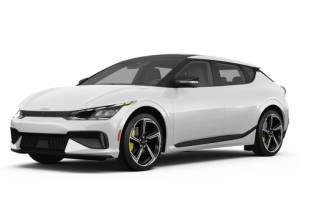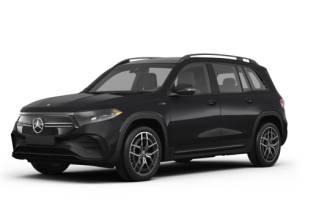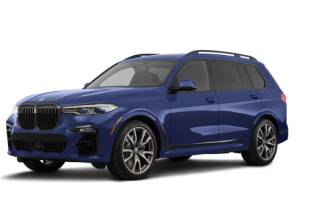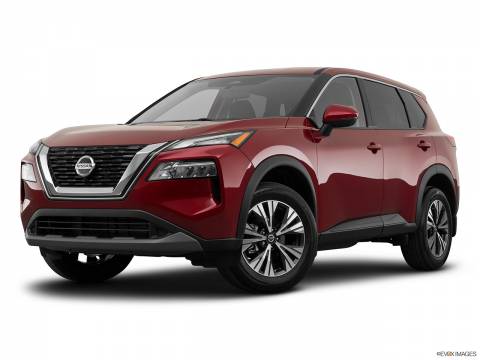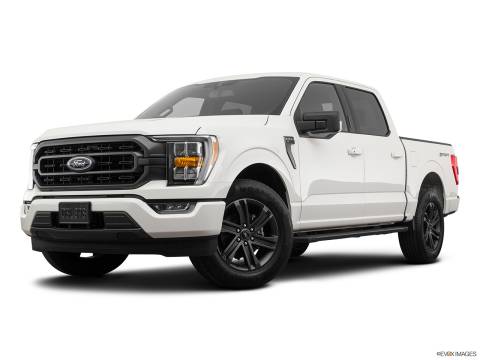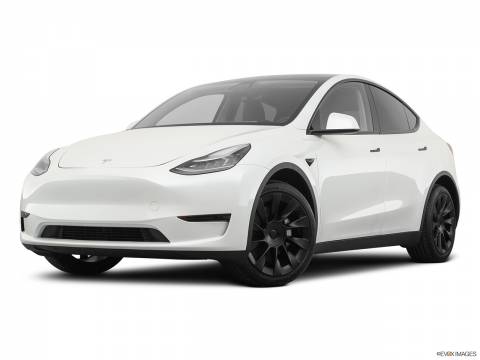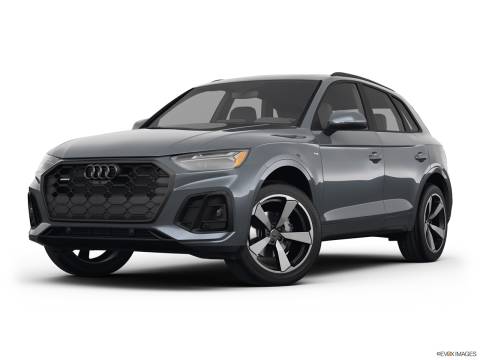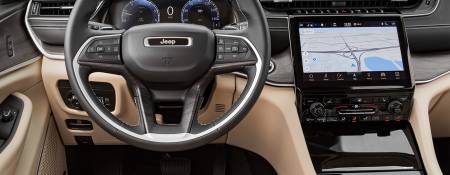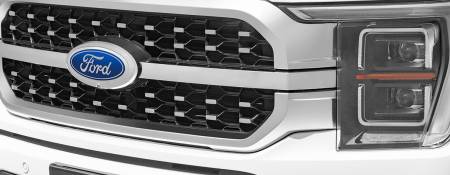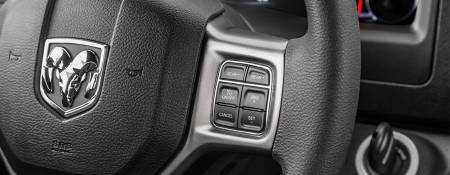"Buying a new car" or "leasing it" is kind of a popular dilemma nowadays. Although it is a topic that can be discussed from many different approaches, I'll limit myself to talk about only of the pros/cons of actually leasing a car.

As you may have also noticed, the idea of this website is to show how car prices relate and "behave" among each other and help all visitors with their decision of leasing a new car on the Canadian market.
Leasing a car is a different approach for effectively managing the cost of driving to work every single morning compared to the fact of owning one.
Your car becomes a monthly bill
When you lease, your car becomes a monthly bill, as your internet, your phone, and your public transportation pass. This means that you should estimate a fixed amount of your salary to cover the lease cost every month.
According to The Globe Mail, most Canadians use to spent around the 20% of their "take-home" salary on a new car. This is a very personal preference, that is why we build the Lease Explorer.
Most car buyers hate the leasing idea because, after it is over, "you have no car". And this is totally right. But that isn't a real problem: You just lease another brand new one!
Leasing is cheaper in the long term
This is obvious when you just see the monthly bill, but hard to realize in the long run. As you are "renting", you have to pay less that if you were actually acquiring the vehicle. Usually, and depending on the term, the lease price is 50-60% of the car price. This is pretty variable, but the mid-point usually is that: with the amount of money you buy a car during 6 years, you lease twice for a 3 years period each.
When you buy, if you have mechanic experience, a 6 years old car won't sound like a problem for you, but will for most people's pocket. If you have a 6 years old car, this means:
- Either it has some rust or you spent 100CAD/year for 6 years doing the antirust treatment.
- You may be above 120.000Km, which means: 1 battery change, 4 brake pads and discs change, 4 bumpers change, 2 sets of 4 tires each, which may be all around 3.500CAD more, including handwork. In 1 year, you should be replacing bumpers and pads again. All of this is regular wear and tear of most cars on the market.
- You've been rolling already for 3 years without warranty. So assuming not a single component of your car broke, you had no expenses. But still, see this list:
- Alternator: 600CAD
- Transmission 2.700CAD
- Air Conditioning: 1.800CAD
And guess what: cars break and everyone knows it. Purchased or leased cars, they all break in the long run.
But, when you lease, just ensure to make the oil changes when scheduled. If you have a problem with the car, call the Roadside assistance. Then return it after 3 years of using it.
Peace of mind: Warranties
A car is a piece of iron, plastic, cables and wheels that experienced companies build carefully for everyone else to "hit the road". When you get a new car, it is your right that all these components work together for a reasonable amount of time and distance. Manufacturers grant these under something called "comprehensive warranty".

Warranties are one of the most polemic topics on a car purchase. These grant the customer the "deal reliability" that under a big list of unexpected mechanical and electrical events, someone will take care of your problem at no cost (please note I'm not merging the actual "car reliability" factor with the one you get by default). Even a prestigious car from Toyota (ranked #1 Reliable car Make for years) may have factory problems that the manufacturer grants will fix during the warranty duration.
As most warranties expire after 3-5 years, depending on the vehicle, then you fall into the popular cycle of "spent time and money" at a higher rate every year for maintaining your vehicle as mentioned before in this article.
Cars are designed 3 main factors in mind: innovation, reliability, and affordability. When these 3 come to a perfect balance, then they got a popular solution for the market. Granting all these factors for more than 60 months on a vehicle running in millions of roads of the world at the same time is expensive and they know it.
Every day, fewer people buy and more people lease
There is something we can surely all agree: a car is not an investment. Cars will always loose value over time no matter what. Just consider the following factors:
- Cars get rusty because these are built with components that wear and tear. From the body and the painting to the smallest screw.
- Car components are designed for specific life expectancy (usually, km based)
- Cars "suffer" the time. Every bump, scratch, road trip or even being just parked for months, will affect your car.
- Even with the best care ever and 0 miles, the value will drop year after year. (unless after 25 years where it may become collectible)
When you own, you later invest more money in your car
If you buy a car, makes sense you don't want it to rust, to make noise, to break, and to be unsafe during the years you will use it. Maintaining a car is expensive. Even a reliable one. Brake discs and pads wear with time. And so tires, bumpers, the engine itself with all its components, the alternator, the battery... and the list can really extend. And there is another cost that isn't directly on your car and is also really expensive: handwork.
Lease Offers are more flexible than Purchase ones
When you buy a car, you have to pay it in full. When you lease it, you have to pay the part of it you "consume".
This creates a "variable" point on the actual deal that lets the manufacturer and the dealer find more attractive offers for the market. Usually, Lease offers fluctuate more than purchase ones do.
Leasing is a good option
Although not the only one, Leasing is a good option for those who need an affordable solution to having a new car granting the everyday else of your life. I personally prefer "not to own" a car.
I don't want to own a vehicle that rusts, that loses value, that breaks, that I know I will replace in a few years and that, for sure, will cost me more in the long run than leasing it.





